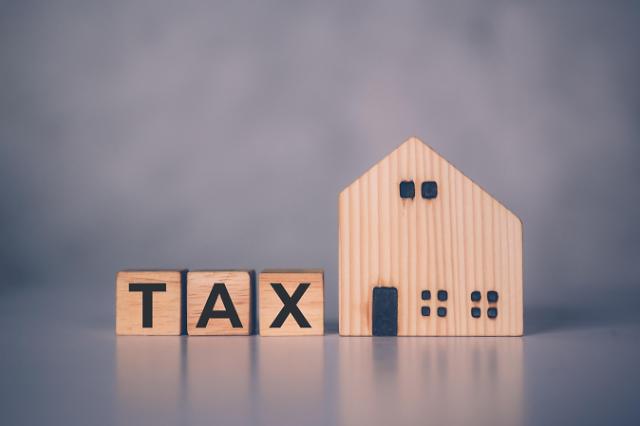
[Getty Image Bank]
The average non-consumption household expenditure was estimated at 951,000 won ($719) in 2022, up 8 percent from a year before, according to the KOSIS affiliated with Statistics Korea. The sum represented 26.5 percent of total average household spending of 3.59 million won.
The proportion reached the highest level since the statistical office began compiling household spending data in 2006. It was up 0.4 percentage point from 26.1 percent in 2021. The comparable figure was 22.9 percent in 2017, 23.7 percent in 2018, 26.2 percent in 2019 and 25.9 percent in 2020.
Non-consumption expenditure refers to spending that does not involve purchasing goods or services. It includes payments of taxes and interests as well as social insurance premiums.
The amount of disposable income available for each household to purchase goods and services decreases when non-consumption expenditure increases.
The KOSIS found that each household spent an average 99,000 won on interest payment last year, up 15.3 percent from 2021. The sharp increase was attributed to growing interest payments on mortgage loans and other debts amid higher interest rates.
Payments of taxes imposed on income, property, cars and others also increased 10.6 percent year-on-year to 212,000 won in 2022. Besides, social insurance premiums and contributions to pension funds rose 8 percent and 5.2 percent, respectively. However, property acquisition tax and capital gains tax nosedived 31.9 percent last year as the real estate market remained weak.

